Just as people need rest after long periods of work, cars too require maintenance after extended periods of use. This is especially true for new energy freight vehicles that play a crucial role in the transportation industry. Maintaining these vehicles not only ensures their optimal performance but also enhances safety and prolongs their lifespan. So, how exactly can we maintain new energy electric trucks? Now, let the author provide a detailed introduction on “How can we maintain new energy freight vehicles?”.
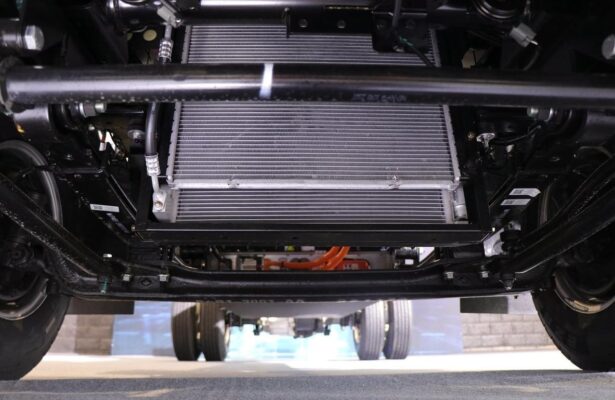
I. Conduct regular maintenance:
After driving a new energy electric truck for an extended period, various issues may start to emerge. If these problems are not addressed in a timely manner, there is an increased risk of more serious accidents occurring in the future. Therefore, regular maintenance of new energy trucks is essential.
Typically, maintenance should be carried out at least once a month or once a quarter. However, it’s important to note that there are significant differences between new energy electric trucks and traditional fuel vehicles. Since one runs on electric energy and the other on fuel, their maintenance methods naturally vary.
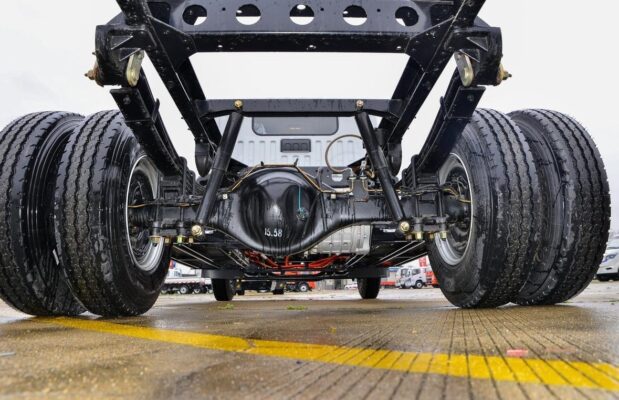
For new energy electric trucks, the battery system is a critical component that requires special attention. Regular inspections should be conducted to ensure the battery’s health and performance. This may include checking the battery’s charge level, monitoring for any signs of degradation, and ensuring proper ventilation to prevent overheating.
In addition to the battery, the electrical systems of the truck also need to be inspected. This includes checking the wiring, connectors, and controllers to ensure they are functioning properly and are free from damage or corrosion.
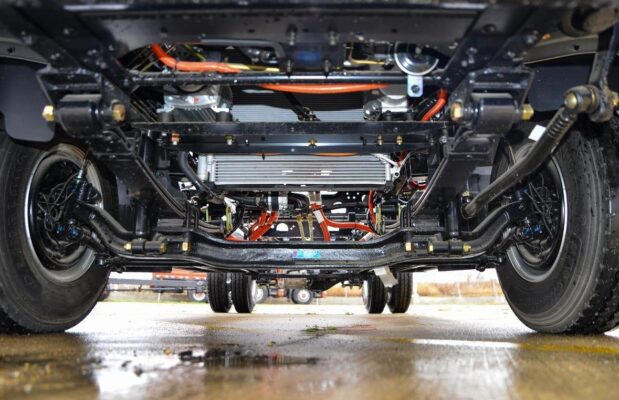
Unlike traditional fuel vehicles, new energy electric trucks do not have an engine with complex mechanical components that require regular oil changes and tune-ups. However, they still have other components such as the motor, transmission (if applicable), and braking system that need to be maintained.
For example, the motor should be checked for any unusual noises or vibrations. Regular lubrication may be required to ensure smooth operation. The transmission, if present, should be inspected for proper shifting and fluid levels. The braking system should be checked for wear and tear on the brake pads, discs, and calipers.

II. Check tires:
During the maintenance process, tires are a top priority for new energy electric trucks. Tires are the only contact point between the vehicle and the road, and their condition directly affects the safety and performance of the truck.
Regular inspections should be conducted to check for signs of wear and tear, such as uneven tread wear, cracks, or bulges. If any of these issues are detected, the tires need to be replaced in a timely manner.
Proper tire inflation is also crucial. Underinflated tires can reduce fuel efficiency (in the case of hybrid or range-extended electric trucks) and affect handling and stability. Overinflated tires can lead to a harsh ride and increased risk of punctures.
Checking the tire pressure regularly and maintaining it at the recommended level specified by the vehicle manufacturer is essential. This can be done using a tire pressure gauge and can be easily incorporated into your regular maintenance routine.
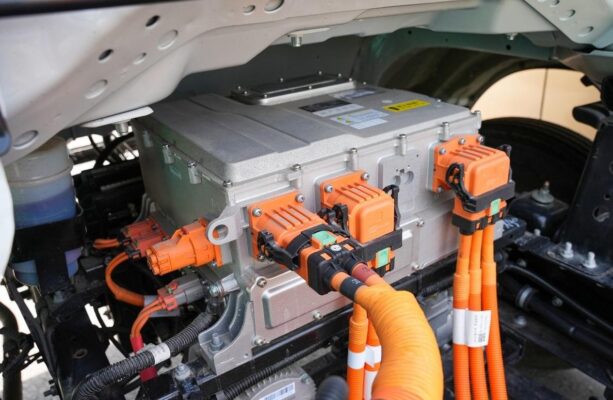
III. Check batteries and motors:
During daily maintenance, it is essential to check the batteries and motors of new energy electric trucks. The motor is the heart of the vehicle, providing the power to drive the wheels. Any issues with the motor can lead to reduced performance or even complete failure.
Inspections should be conducted to ensure the motor is operating normally. This may include listening for unusual noises, checking for excessive heat generation, and monitoring for any changes in performance. If any problems are detected, it is important to have the motor inspected and repaired by a qualified technician.
The batteries also need to be checked regularly. This includes monitoring the battery’s charge level, checking for any signs of damage or leakage, and ensuring proper ventilation. In addition, the battery management system should be inspected to ensure it is functioning properly and is able to maintain the battery’s health and performance.
For example, if the battery is not charging properly or is losing charge quickly, it may indicate a problem with the battery or the charging system. This could be due to a faulty battery cell, a problem with the charger, or a problem with the electrical connections. Identifying and addressing these issues promptly can prevent more serious problems from developing.
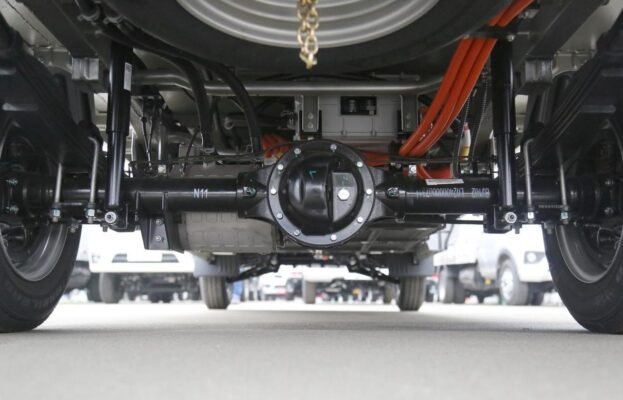
IV. Charge in time:
In addition to the above maintenance methods, we can also perform maintenance during our daily use. For example, after driving a new energy electric truck, charging it in a timely manner is an important way to maintain the vehicle.
Charging the vehicle promptly after use helps to ensure that the battery is always at a sufficient charge level. This not only prevents the vehicle from running out of power but also helps to prolong the battery’s lifespan.
When charging, it is important to follow the manufacturer’s recommendations for charging methods and times. Avoid overcharging or undercharging the battery, as this can damage the battery and reduce its performance.
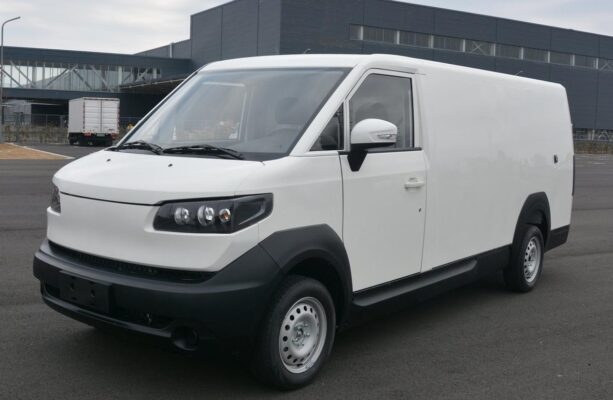
In addition, it is also important to use a proper charging station and charging equipment. Make sure the charging equipment is compatible with your vehicle and is in good working condition. Avoid using damaged or faulty charging equipment, as this can pose a safety hazard and damage the vehicle.
In conclusion, maintaining new energy freight vehicles requires a combination of regular inspections, proper care of tires, batteries, and motors, and timely charging. By following these maintenance guidelines, we can ensure the optimal performance, safety, and longevity of our new energy electric trucks. The above is the entire content of “How can we maintain new energy freight vehicles?” I hope it can be of help to everyone. If you have any questions, feel free to contact us at any time.